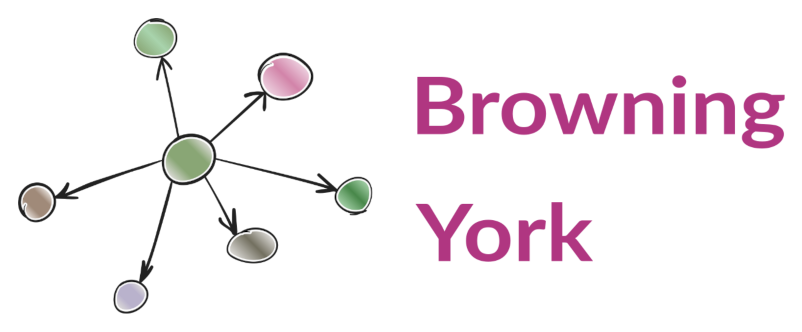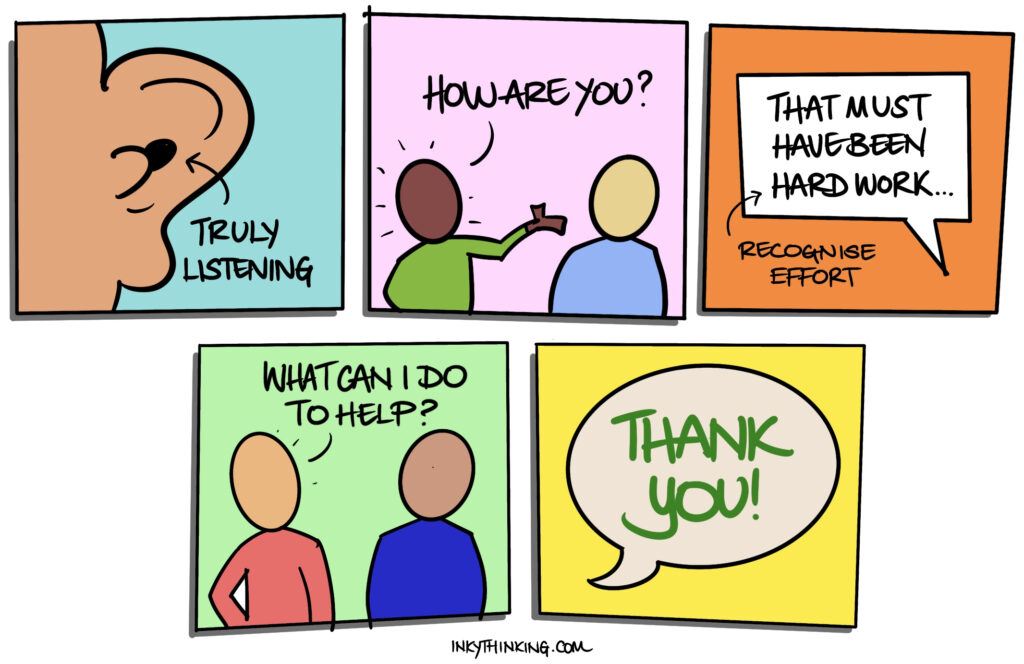Everyone I speak to seems to agree that ‘good communication’ is very important for organisations. However, it always seems to be ‘them’ who don’t communicate very well. I don’t think that many people really stop to think about their own communication style and how it might impact on other people.
When I run communications training, I take people through why it’s important to communicate well, what happens when you get it right and what happens when you don’t. I start to see pennies dropping as they think about the impact of communication: just because you meant something a certain way, it doesn’t mean that the person you are talking to or emailing understood it that way.
It’s not about you
That’s when we start thinking about the perspectives of our audience.
I’ve seen some real light-bulb moments at this point. People realising that a failure in communication is a two-way thing, just like successful communication is.
Even more satisfying is when they decide to make some changes to their own communication style, making it more flexible and adaptable.
This is when I know that things are going to get better. Instead of continuing to bang their heads against that brick wall, now they are going to start looking for the key to open the door in the wall.
What’s the perspective of your audience?
There is an NLP presupposition that says ‘the meaning of the communication is in the effect’. This has always struck me as so obvious and yet sometimes so difficult to pull off. If we start to communicate from their perspective instead of our own, then our communications can only get better and better.
Start with 2 simple questions:
- what is important to your audience right now
- what are they really going to ‘hear’ based on where their emotions are at right now
I used to describe this as putting yourself in their shoes. But then I realised, it’s not about how you would feel in their position. It’s about considering how they feel in their position, based on their experience (which is almost always going to be different to yours).
Considering these questions through that lens makes them even more powerful.
If you would like some help with understanding the perspectives of your audiences, please get in touch for a no obligation chat about how we can work together.
Until next time
Sarah

